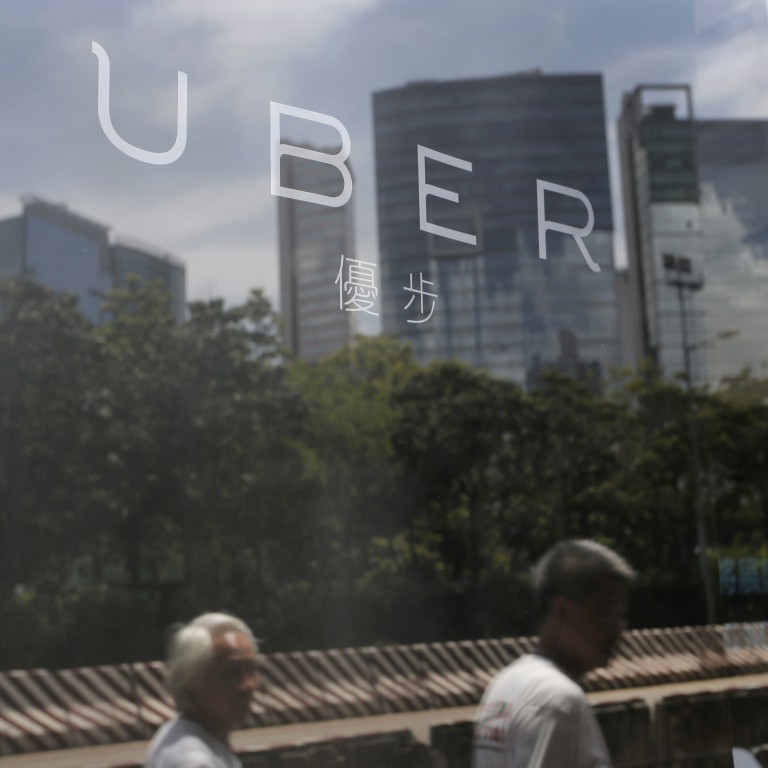
One-third of Hong Kong’s internet users turn to apps like Uber, Airbnb as 'sharing economy' gathers steam
Such services represent a shift from traditional forms of ownership to an economy based on collaborative consumption that is upending mature business models around the world while saving users time and money and, in many cases, providing greater entertainment or enjoyment along the way.
Some 1,447 internet users were polled in July by the Hong Kong Internet Registration Corporation (HKIRC) to test the public’s dependence on, or interest in, this emerging economy. The results were released on Thursday.
“Although the survey reveals that a fair amount of internet users have already been engaged in sharing activities, the phenomenon is still in its early days,” said Jonathan Shea, chief executive officer of the HKIRC.
Greater security and ease of use were reported as major factors in the use of these services.
Meanwhile, a report in April by PricewaterhouseCoopers said that five sectors in the fledgling economy could see their combined global revenue jump from US$15 billion to US$335 billion by 2025 at the current rate of growth.
The areas referred to were: travel, car-sharing, finance, staffing, and music- and video-streaming services.
PwC also cited one of its surveys as showing that 18 per cent of adults in the United States have participated in the sharing economy as a consumer, and 7 per cent as a provider.
The report comes at a time when Uber finds itself at odds with the establishment in Hong Kong, the latest in a series of legal and other headaches for the fast-growing company that has been meeting resistance from regulators and traditional taxi businesses both in China and worldwide.
Most had been released on bail as of Thursday afternoon.
READ MORE: Uber ‘success story’ removed from Hong Kong government investment agency website after police raid car-hailing app
Shea said the focus on Uber should be seen as an opportunity to bring the city’s laws in line with the changing times.
“All we need is a little push to look at these regulations in a very open-minded way to ensure that our laws and regulations are meeting the needs of the modern day and the next ten to fifteen years,” he said.
Other companies that offer shared services have also come under the microscope lately in a number of countries, both from the authorities and their competitors.
In June, the United States Federal Trade Commission held a series of workshops to better understand the sharing economy.
SEE ALSO: Sharing, caring Seoul
More start-ups in Hong Kong are also jumping on the bandwagon and building peer-to-peer sharing businesses.
The company has over 70,000 registered vehicles in Hong Kong, Singapore, South Korea, China and Taiwan.

